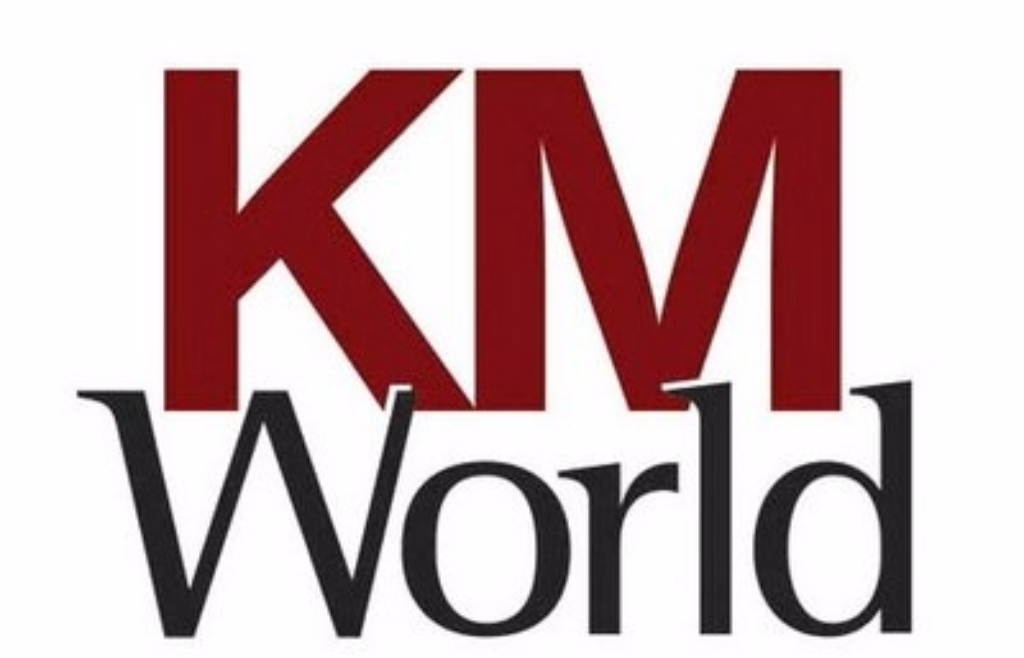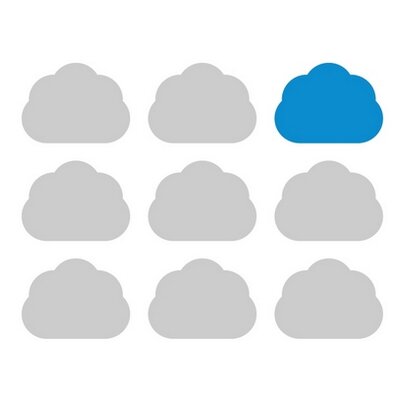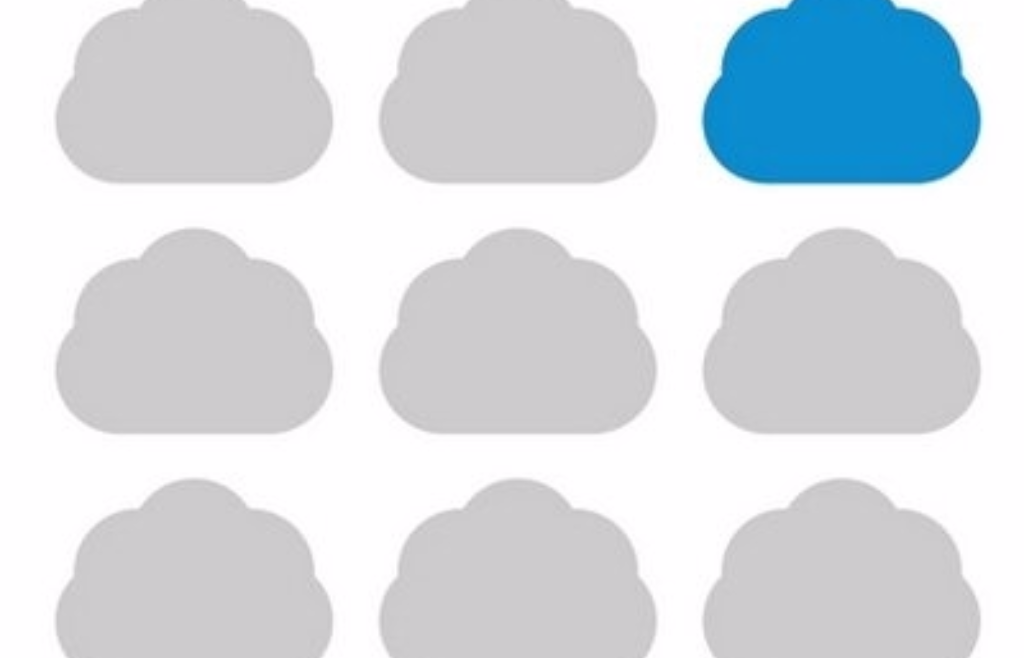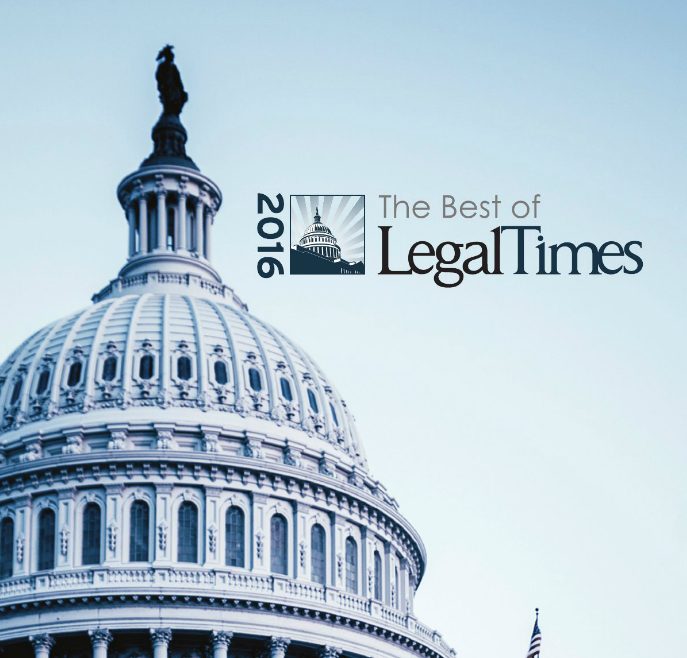Mary Mack of ACEDS: eDiscovery Trends
This is the third of the 2017 Legaltech New York (LTNY) Thought Leader Interview series. eDiscovery Daily interviewed several thought leaders at LTNY (aka Legalweek) this year to get their observations regarding trends at the show and generally within the eDiscovery industry.
Today’s thought leader is Mary Mack of ACEDS. Mary is the Executive Director of the Association of Certified eDiscovery Specialists (ACEDS). E-discovery luminary and recipient of the Masters Conference Educator of the Year 2016, Mary provides ACEDS and its membership more than a decade of strong credibility and sound leadership within the e-discovery community. Mary is the author of A Process of Illumination: The Practical Guide to Electronic Discovery, considered by many to be the first popular book on e-discovery. She is the co-editor of the Thomson Reuters West treatise, eDiscovery for Corporate Counsel.
What are your expectations of LTNY this year?
{Interviewed Mary the first morning when the conference had really just started}
My biggest expectation is that I’m going to see people and that I’m going to renew relationships. For example, I just bumped into Hampton Coley, whom I worked with maybe seven years ago and haven’t seen since we worked together. Legaltech is the place where that’s possible. But, some of the people that I would normally expect to be here, like Tom O’Connor, aren’t here this year.
From an educational standpoint, unfortunately most of the action is off the floor and away from the sessions, but I was looking at some of those sessions and they’re stellar. There are some great educational sessions lined up at the show this year. So, if I am fortunate enough to have an appointment drop out, I’m going to jump into a session or two.
How many years have you been coming to LTNY and how do you think the show has evolved over that time?
I’ve been coming to the show over ten years. I think there was a time, maybe 2006 or 2007, where it was like everybody and their brother became an eDiscovery company. Even the copy people had a sign for eDiscovery at their booths. Now, I think LTNY has evolved to where it’s about an 80% eDiscovery show with 20% around the edges and I think the part that’s around the edges is really interesting. I’m always looking for things that are going to impact eDiscovery that aren’t quite eDiscovery yet and we saw some of that in years past with Information Governance and with privacy, and now we’re seeing it with cybersecurity.
That was the topic of the event that we had last night – the state of the industry as it relates to eDiscovery and cybersecurity. I think this year won’t quite be the breakout year for cybersecurity, but it will be the “seed planting” year for cybersecurity, with a look at how cybersecurity informs eDiscovery and how eDiscovery informs cybersecurity. Because it’s not enough just to keep people out of your network, you need to prosecute, you need evidence and you need that evidence to be authentic.
As for the event we had last night, it was really fantastic. Jared Cosegilia of Tru Staffing Partners did a good job of organizing the presentation and even had us rehearsing the transitions and breaks. We were able to put our survey data out for people who are really interested in both security and privacy in our community. We had some surprising things in our survey, like the fact that over half of the people participating are more than ten years tenured in the industry. But, what I heard afterward is that government agencies in particular are looking for the younger eDiscovery professionals and they’re having a hard time finding them. Most eDiscovery professionals are considerably tenured, but the agencies are looking for people that can come in at an entry level salary expectation that’s much different than what we have now.
I think the reason for that is that there really are no schools, other than Bryan University perhaps, with a degree for eDiscovery. We have courses at UC Irvine and we’re looking at other law schools to teach eDiscovery. Some law schools have a full course on eDiscovery; in other schools, it’s just one credit now. But, there’s not an educational feeding ground for the young talent where that young talent has to come in and “earn their stripes”. The ones who do come in are maybe paralegals, maybe legal assistants or maybe they’re an existing person in a corporation and that’s how they get in. They’re just not coming fresh out of school.
With that in mind, we’ve seen a recent trend toward an emphasis on technology competence for attorneys and we’re up to 26 states that have adopted some sort of technology competence requirement, with Florida being the first state that has required technology CLE for their attorneys. What impact do you think those developments will have on attorneys becoming more educated about technology?
I think the technology CLE requirement in Florida is very exciting. From what I understand, they expected it to be controversial and it wasn’t – it was actually embraced. So, I think that with those requirements, attorneys will embrace the opportunities to learn more about eDiscovery and I think Florida will see a nice “bump” there in attorney knowledge, like California did when they addressed knowledge of eDiscovery specifically in their formal opinion. I think it will permeate outside of the “bubble” because the evidence is primarily electronic these days. Sure, sometimes you have your signed papers and handwritten notes, but most evidence is originating in the digital world and it needs to be admitted and produced in the digital world. I think that once that attorneys understand the technology and it becomes demystified and the fear goes away, I think that we’ll see them adopt and even embrace it.
Last year, ACEDS presented a handful of webinars and conference sessions related to automation and Technology Assisted Review and, as you’ll recall, there was lively discussion about TAR during those presentations, and even more lively discussions about TAR after those presentations. Where do you feel we are today with regard to the acceptance of Technology Assisted Review?
It’s clearly being more and more accepted. The Supreme Court of Victoria just explicitly approved it in the Rules for Australia. Judge Peck, once again, wrote an opinion and highlighted how it is a process – it’s not just about the Technology Assisted Review, it’s also about how you perform the Technology Assisted Review. At the conferences that I attend, when you ask audiences for a show of hands of those who have used TAR, you used to get maybe one or two hands raised. Now, about half to three quarters of the audience raises their hands to the question of whether they’ve used TAR before. So, I think the acceptance is there and it will take a different kind of lawyer to manage the reviews. It’s not going to be your typical contract review attorney, it’s going to be more of a subject matter expert attorney that gets involved. For the contract review attorneys, it’s an opportunity (and also a challenge) to “up-level” themselves to stay competitive and marketable.
What are you working on that you’d like our readers to know about?
We’ve got a couple of big things happening: one that’s stealth and one that’s not stealth. I’ll tell you first about the “not stealth” one: we received approval to provide pro bono scholarships for any organization working on Access to Justice. Regardless whether it’s a corporate or law firm pro bono program, a law school clinic, an advocacy organization, the public defender’s victims’ rights organizations, any of these types of programs can sponsor a scholarship. The only requirement that we have is that they perform eight hours of pro bono work in order to apply and then they can put whatever other requirements on it that they want.
Organizations who qualify can just pick somebody or hold a contest or whatever they want to do and we will enroll them in eDiscovery essentials, which is a $600 course that will give them an understanding of the functional landscape of eDiscovery, from soup to nuts, with a certificate to reflect completion of that course. And, that will put them on the path to eDiscovery. With what I was saying earlier about how government agencies can’t find those entry level people that they seek, part of the reason for that is that they can’t afford to get themselves educated. So, this is a way for ACEDS to contribute to Access to Justice while also helping young people get that education.
The “stealth” item to mention is that we’re going to provide some cyber training. We’re in beta and don’t have a press release or anything yet, but we’re working with Roy Zur, who gave a wonderful cybersecurity presentation at our national conference last year, on a project called “Cybint”. He has put together an assessment and training program, with “bite size” training segments of around ten minutes each. Once you take the assessment, you’ll know what training you need and you can focus on those specific ten minute training sessions to “up-level” your skills and start to bridge the gap between eDiscovery and cybersecurity.
Thanks, Mary, for participating in the interview!
Thank you, Doug, for your consistent and excellent reporting and blogging.
And to the readers, as always, please share any comments you might have or if you’d like to know more about a particular topic!
Disclaimer: The views represented herein are exclusively the views of the author, and do not necessarily represent the views held by CloudNine. eDiscovery Daily is made available by CloudNine solely for educational purposes to provide general information about general eDiscovery principles and not to provide specific legal advice applicable to any particular circumstance. eDiscovery Daily should not be used as a substitute for competent legal advice from a lawyer you have retained and who has agreed to represent you.









